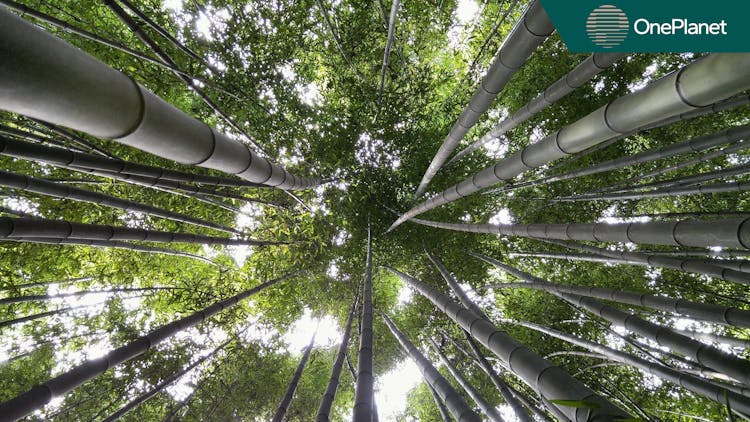
“The fast-growing demand for E.U. grown bamboo puts us in pole position for a rewarding green business model for decades to come. Since 2021 revenues tripled and we established bamboo farms in 7 European countries; making a significant positive impact on climate, nature and economy. We processed and sold bamboo to the E.U. industry and are now confronted with a demand that exceeds our supply 300 to 500 times. Together with farmers we are building a huge carbon sink battery, boost biodiversity in agriculture and create jobs.
With your support we can consolidate, fortify our structures and upscale our activities to accelerate our developments in order to meet the high demand for our product. A strong asset base and long-term recurring revenues are the foundation for this sustainable venture. Join the ride & make impact with us."
Dr. Hans Friederich, Senior Partner & Shareholder, Bambulogic Europe B.V., Former Director-General of the International Bamboo & Rattan Organisation (INBAR) & ex- European Director of International Union for Conservation of Nature (IUCN)














